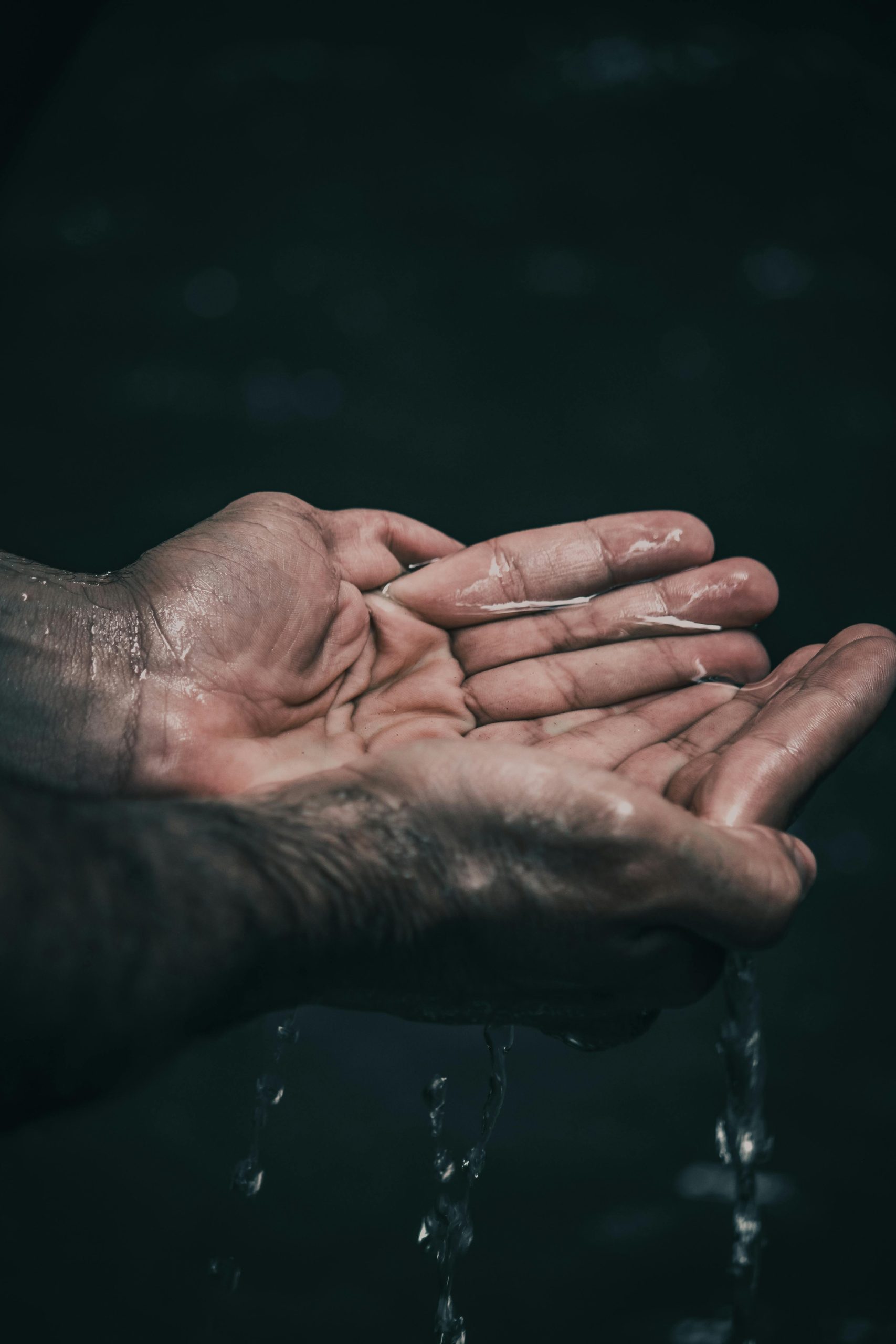Water is the essence of life, yet many of us underestimate its importance. From regulating body temperature to flushing out toxins, hydration plays a critical role in maintaining overall health. Despite this, confusion persists about how much water we really need. Is the “eight glasses a day” rule accurate? Does coffee count toward your daily intake? This guide dives deep into the science of hydration, explaining why water matters and how to determine your ideal intake.
The Science Behind Hydration: Why Your Body Needs Water
Water makes up about 60% of the human body, and every cell, tissue, and organ relies on it to function properly. Here’s why staying hydrated is non-negotiable:
- Regulates Body Temperature: Sweat is your body’s natural cooling system, and dehydration impairs this process, leading to overheating.
- Supports Digestion: Water helps break down food and prevents constipation by keeping the digestive tract lubricated.
- Boosts Cognitive Function: Even mild dehydration can impair focus, memory, and mood.
- Flushes Toxins: Your kidneys rely on water to filter waste and remove it through urine.
- Lubricates Joints: Synovial fluid, which cushions joints, is primarily composed of water.
Without adequate hydration, these systems begin to falter, leading to fatigue, headaches, and even more severe health issues over time.
How Much Water Do You Really Need?
The “eight 8-ounce glasses a day” rule is easy to remember, but individual needs vary based on factors like age, activity level, and climate. Here’s a more nuanced approach:
General Guidelines
The National Academies of Sciences, Engineering, and Medicine recommends:
- Men: About 3.7 liters (125 ounces) daily, including fluids from beverages and food.
- Women: About 2.7 liters (91 ounces) daily, including fluids from beverages and food.
Adjusting for Your Lifestyle
- Exercise: Add 12 ounces for every 30 minutes of intense activity.
- Hot or Humid Weather: Increase intake to compensate for additional sweat loss.
- Pregnancy/Breastfeeding: Women may need an extra 24–32 ounces daily.
Listening to your body is key—thirst, urine color (aim for pale yellow), and energy levels are reliable indicators.
Debunking Hydration Myths
Misinformation about hydration abounds. Let’s clear up common misconceptions:
Myth 1: Coffee Dehydrates You
While caffeine has mild diuretic effects, moderate coffee consumption still contributes to your daily fluid intake. Just balance it with plain water.
Myth 2: You Must Drink Only Water
Other beverages (like herbal tea or milk) and water-rich foods (cucumbers, watermelon) also hydrate you. However, sugary drinks can have drawbacks.
Myth 3: If You’re Not Thirsty, You’re Hydrated
Thirst is a late sign of dehydration. Older adults and athletes, in particular, should proactively drink water.
Tips to Stay Hydrated Throughout the Day
Struggling to meet your daily water goals? Try these strategies:
- Carry a Reusable Bottle: Keep water visible and accessible.
- Set Reminders: Use phone alarms or apps to prompt regular sips.
- Infuse Flavor: Add lemon, mint, or berries to make water more appealing.
- Eat Water-Rich Foods: Snack on celery, oranges, or yogurt.
- Track Intake: Journal or use a marked bottle to monitor progress.
Small habits, like drinking a glass of water before meals, can make a big difference over time.
Signs You’re Not Drinking Enough Water
Dehydration isn’t always obvious. Watch for these warning signs:
- Dark yellow urine
- Dry mouth or bad breath
- Headaches or dizziness
- Fatigue or irritability
- Muscle cramps
Chronic dehydration can contribute to kidney stones, urinary tract infections, and even impaired immunity, so don’t ignore these signals.
Hydration is a cornerstone of health, yet it’s often overlooked. While the “right” amount of water depends on your body and lifestyle, aiming for 2.7–3.7 liters daily (from all sources) is a solid starting point. Pay attention to your body’s cues, debunk the myths, and adopt simple habits to stay consistently hydrated. Your energy, focus, and long-term well-being will thank you.
